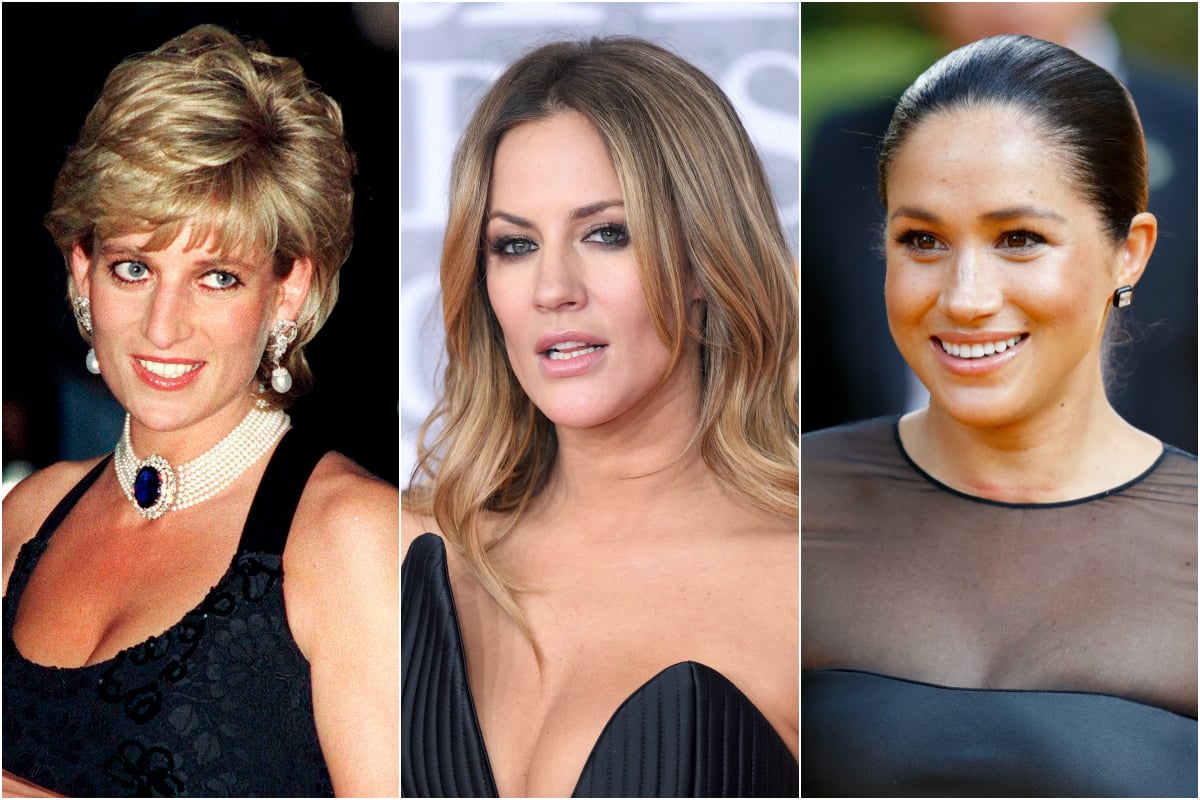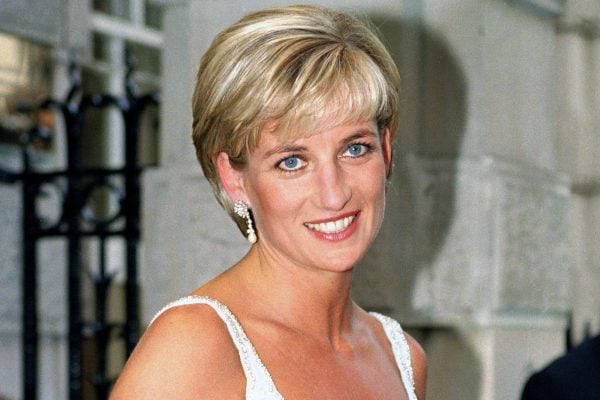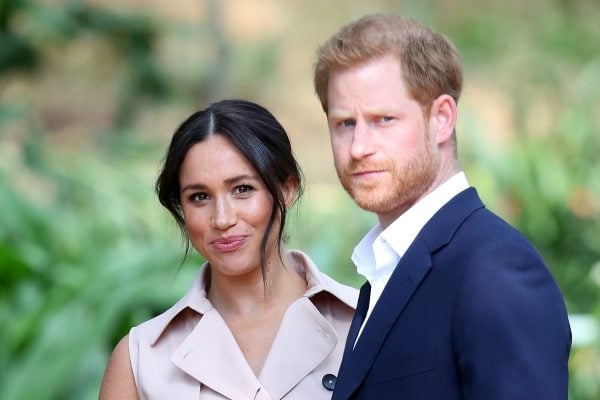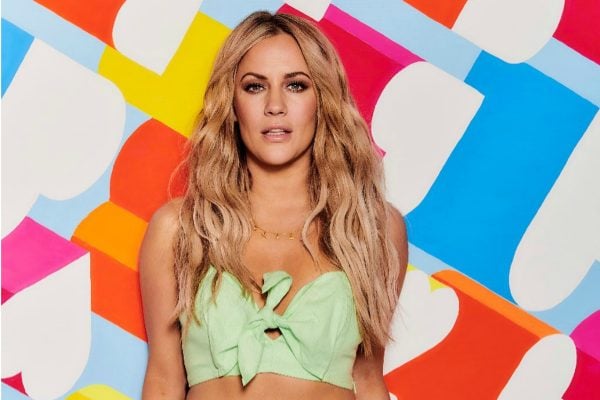
This post deals with suicide and may be triggering for some readers.
Preposterous pile-ons are a timeless touchstone of British tabloids.
That much, we know.
This week, Love Island UK host Caroline Flack decided to end her own life. Her death, and the invasive media scrutiny that preceded it, is the latest tragedy to highlight the problematic tabloid culture that exists in Britain.
We do not know the private struggles Flack suffered from, but we do know that the brutal coverage of the television presenter was a powerful factor of her life in the public eye.
“The British Media is the cesspit of our society,” one Twitter user wrote in the wake of Flack’s passing.






Top Comments
"invading privacy and sharing private information that is detrimental to the celebrity, their mental health and those around them“
Whilst I completely understand and am totally against online trolling, my fears for a law as such means it could basically allow politicians/corporations to hide unsavoury news about them which could be relevant to their character or election prospects if they claimed it was detrimental to their mental health.
The biggest problem is these reality shows which prey on mentally unstable people to get more views.
It was not UK tabloid journalists who pursued Diana's car through Paris that night, but hard core paparazzi from non UK countries, who work freelance. Caroline Flack's tragic death aside, what has happened to the British Royal Family, that apart from the Queen, the tabloids show little to no respect to the younger generation of Royals?